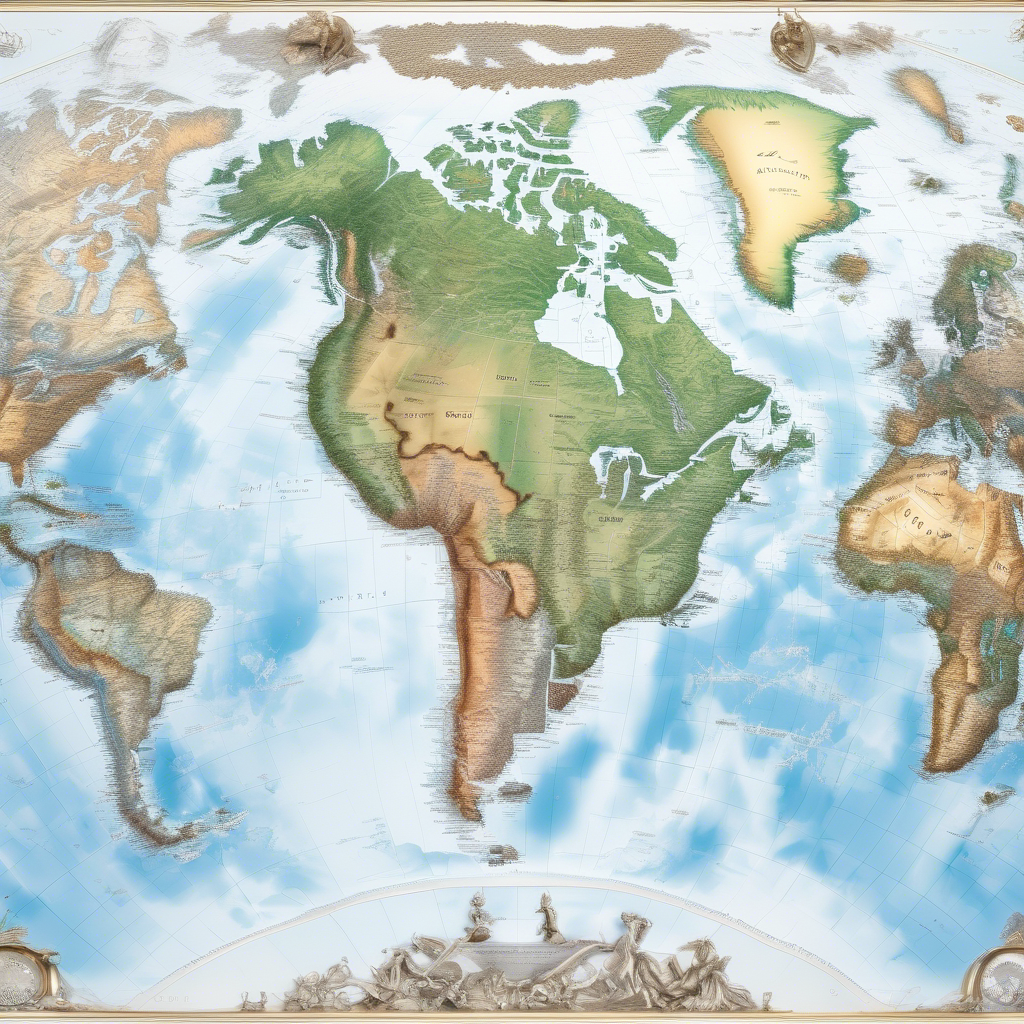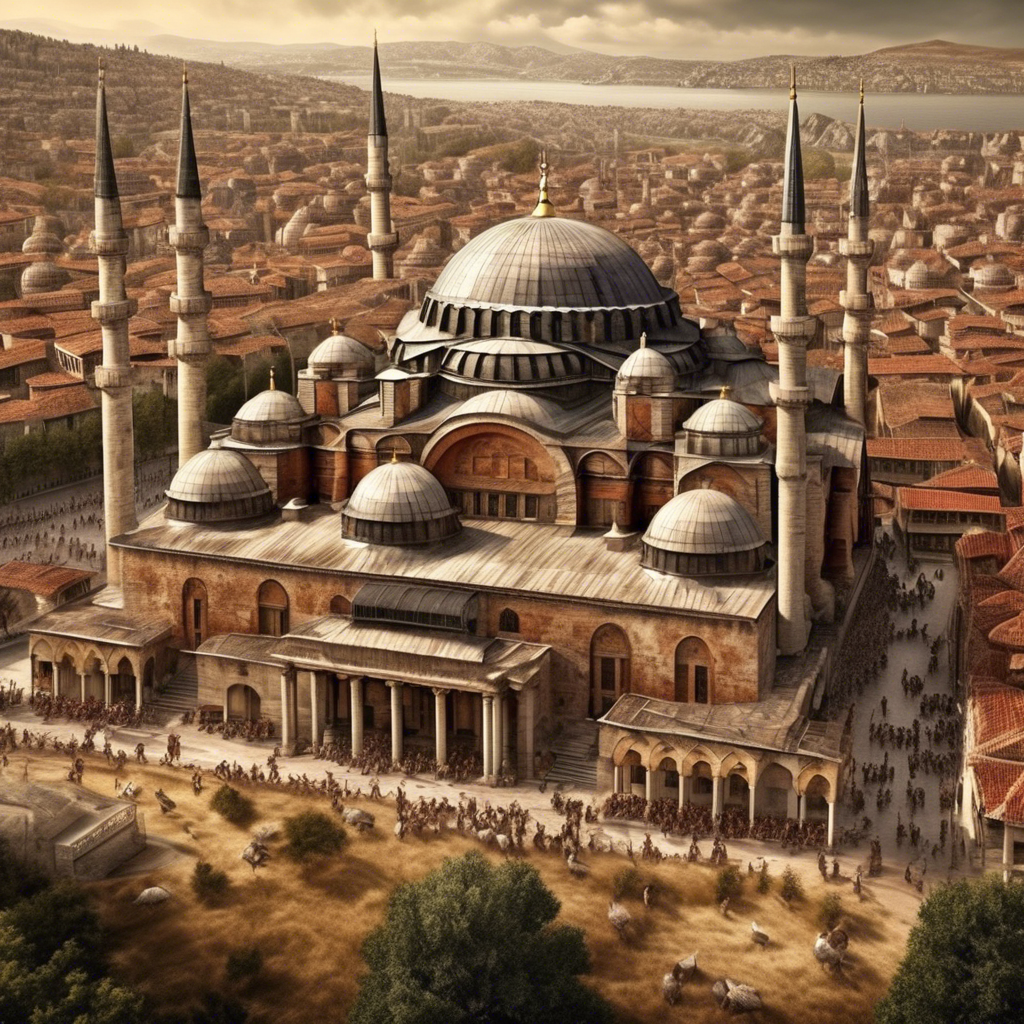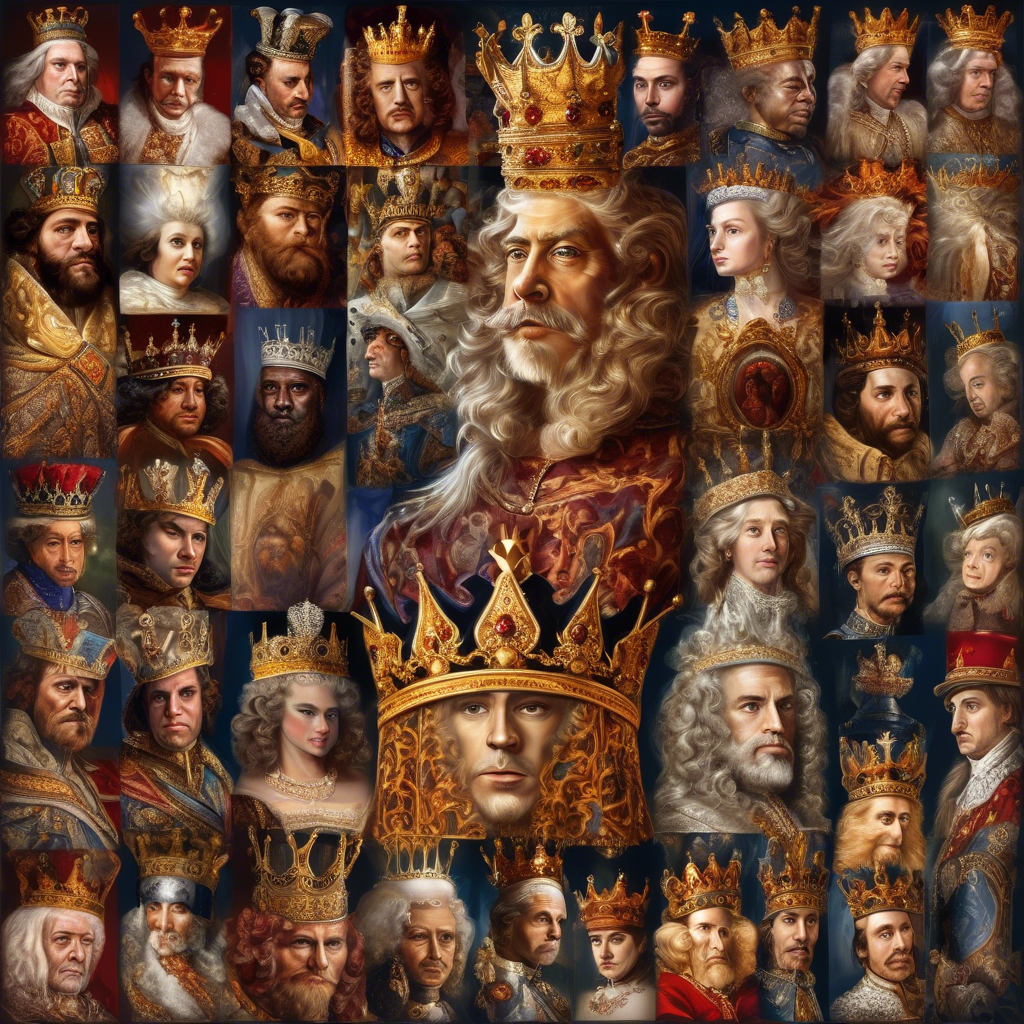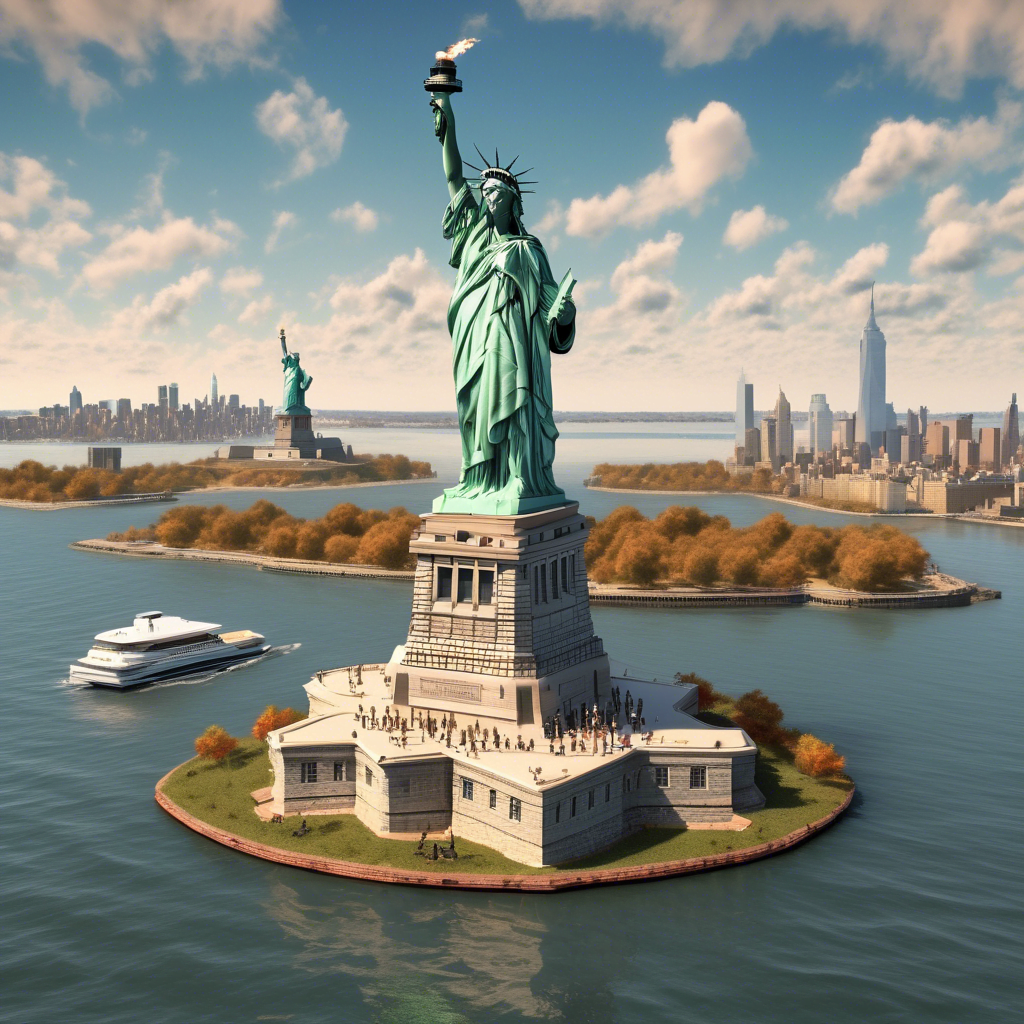
The Discovery of America: Impact on Native People and the Change in World History
The discovery of America is a pivotal moment in world history, marking the beginning of a new era of exploration, conquest, and cultural exchange. The story of this discovery and its impact on native people is a complex and often controversial one, with far-reaching consequences that continue to shape our world today.
The story of America begins long before Christopher Columbus set sail in 1492. The land we now know as the Americas was home to indigenous peoples for thousands of years, with rich and diverse cultures that had developed their own languages, traditions, and social structures. These native peoples had established complex civilizations, such as the Aztecs, Maya, and Inca in Central and South America, as well as a wide variety of tribes and nations throughout North America.
When Columbus arrived in the Americas, he encountered a world that was far different from anything he had ever seen before. The native peoples he encountered were organized into sophisticated societies, with advanced agricultural practices, architectural achievements, and intricate political systems. They had developed trade networks that spanned vast distances, and their societies were built on a deep reverence for the natural world and a profound connection to the land.
Despite the richness and complexity of native American cultures, the arrival of European explorers like Columbus would have a devastating impact on the indigenous peoples of the Americas. The Europeans brought with them diseases such as smallpox, measles, and influenza, to which the native populations had no immunity. These diseases ravaged the native peoples, decimating their populations and leaving them vulnerable to further exploitation and conquest.
In addition to the spread of disease, the Europeans also brought with them a host of other challenges for the native peoples of the Americas. The European powers, primarily Spain, England, and France, were motivated by a desire for wealth, power, and territory, and they quickly set about establishing colonies in the Americas to exploit the rich natural resources of the land.
The native peoples of the Americas were subjected to forced labor, violence, and cultural suppression by the European colonizers, who sought to impose their own customs, language, and religion on the indigenous populations. The spread of Christianity in the Americas played a central role in this process, as the European powers sought to convert the native peoples to their own beliefs and eradicate their traditional spiritual practices.
The impact of European colonization on the native peoples of the Americas was profound and far-reaching. The native populations were displaced from their lands, their cultures were suppressed, and their populations were decimated by disease, war, and forced labor. The introduction of European technologies, such as guns, horses, and metal tools, also had a transformative effect on native societies, altering their traditional ways of life and reshaping their economies and social structures.
Despite the many challenges and hardships they faced, the native peoples of the Americas were not passive victims of European colonization. They resisted the encroachment of the European powers through armed conflict, diplomacy, and cultural resistance. The history of native American resistance is a powerful and inspiring story of resilience, courage, and determination in the face of overwhelming odds.
The discovery of America and the colonization of the Americas had a profound impact on world history, reshaping global trade networks, political alliances, and cultural exchanges. The influx of gold, silver, and other resources from the Americas fueled the growth of European economies and financed the development of new technologies and industries.
The discovery of America also had a lasting impact on the natural world, as European colonization led to the destruction of native ecosystems, the extinction of plant and animal species, and the transformation of the landscape through deforestation, mining, and agriculture. The legacy of environmental degradation and resource exploitation that began with the arrival of the Europeans in the Americas continues to be felt today, as we grapple with the consequences of climate change, habitat loss, and biodiversity decline.
In conclusion, the discovery of America and the subsequent colonization of the Americas had a profound and lasting impact on the native peoples of the Americas, as well as on world history more broadly. The encounter between European explorers and native peoples was marked by violence, exploitation, and cultural exchange, and the consequences of this encounter continue to shape our world today. It is important to remember the history of America’s discovery and colonization, and to honor the resilience and strength of the native peoples who have endured centuries of oppression and injustice.




Leave a Reply